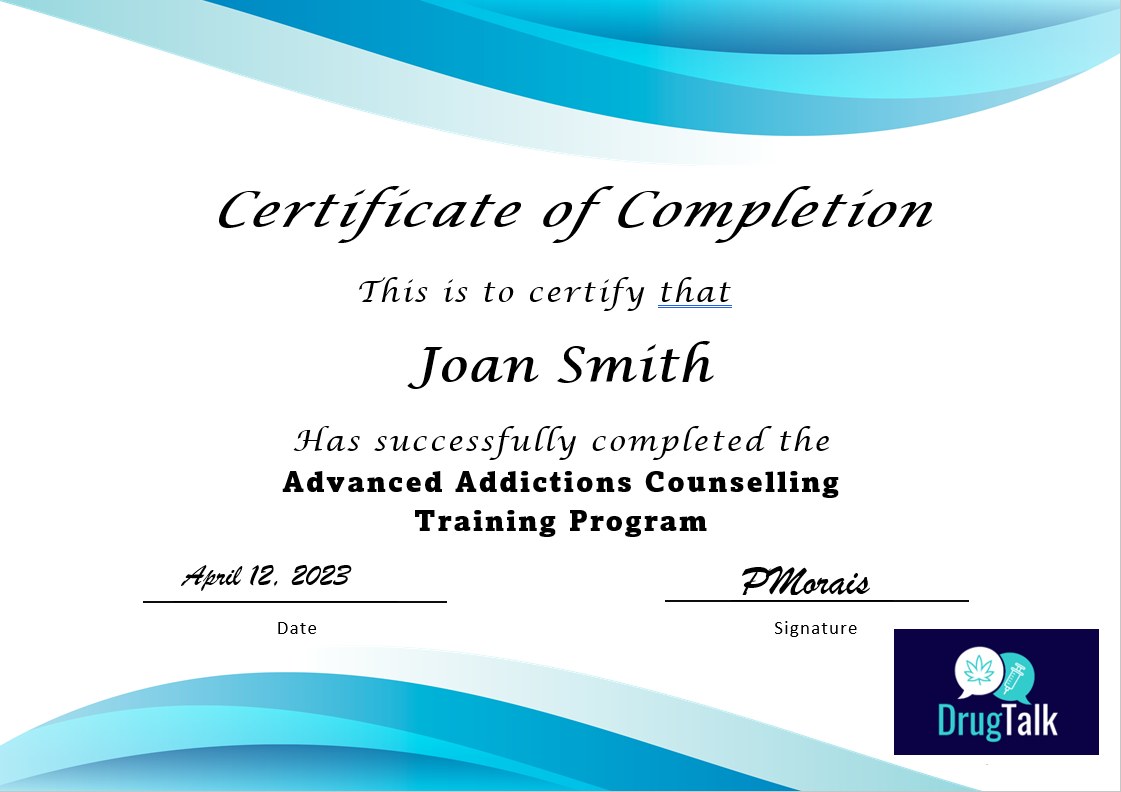COURSE SYNOPSIS
Addiction is a complex and challenging field and even someone with decades of training and experience can always learn more. Thus, this course covers a wide range of topics, and while it is called Basic Addictions Counselling: The Fundamentals, some of the material in the course may be considered to be more advanced. On the other hand, it is impossible to include in such a short course everything a counsellor who is beginning their training would need to cover all the basics. Rather, the topics covered in this course include ones that are deemed important, but they are not a complete list of what a counsellor should know about addiction.
The topics covered in this course include commonly used definitions and models explaining addiction; the different types of addiction; how various mood-altering substances are classified; understanding how the human brain changes when a person becomes addicted to anything; the Addiction Spectrum of Care and which initiatives fall under each type of intervention; introduction to an addiction assessment tool; how denial plays a part in addiction; introduction to one of the most useful and widely used models to help assess and move clients toward positive changes; and finally, current trending issues that counsellors need to be aware of, including the fentanyl crisis.
Each Course Includes
Downloadable Pdf's

video tutorials

Online videos are included with every course. Some courses include more than one video.
quizzes

Quizzes designed to test your understanding
2
Learning Objectives For This Course
At the end of this course, participants will:
- List the various modalities to explain addiction and have an effective and useful definition of addiction that encompasses all the models.
- Identify what the 2 categories of addiction are and name the types of addiction contained in each.
- Grasp why process addiction can be as powerful as addiction to substances.
- Name the major types of symptoms people experience when they become addicted.
- Identify the 3 major classification of drugs/substances people commonly get addicted to.
- Understand what changes occur in the human brain when someone develops an addiction.
- Understand the Addiction Spectrum of Care and which interventions are utilized depending on the objectives.
- Use the “Jelinek Curve” assessment tool effectively
- Gain a thorough understanding of how denial plays a role in addiction and the various forms it takes.
- Gain a better understanding of some of the common challenges counsellors face when working with clients with addiction issues.
- Learning about the Transtheoretical Model of Change and which skills to use depending on which stage a client is in regarding their readiness to change.
- Be aware of the various trends affecting the drug scene today and how that may impact their customers.
- Understand the severity of the fentanyl crisis and what is fueling it.

Additional Details...
Schedule
The course is pre-recorded and delivered online allowing you to start and finish according to your own schedule.
Flexible Program
Take only one course or register for a complete program. We have a full curriculum of great courses to choose from. Pick one or take them all! The choice is yours.
Great Resources
All courses include a video which can be purchased as a resource for your clinic or practice. Check out our great selection of powerful videos to bulk up your library of resources.
Sample of course material
Challenges and realities of counselling clients with addiction
There are many challenges for counsellors working with clients who have addiction issues. One the main ones is overcoming the denial they have about the seriousness of their addiction and the negative repercussions of their choices. Denial can, and perhaps should be seen, as a form of insanity because it can completely distort a person’s ability to see the truth about what they are doing and keep them trapped in an endless destructive pattern.
Denial is what keeps addicts stuck in their disease and prevents them from seeing how their lives have deteriorated. It is multi-faceted, meaning it contains many aspects; plus, it is multi-layered, meaning portions of it are fairly obvious while others are well hidden. For addicts, denial is also firmly entrenched. They are so used to thinking in ways that supports denial that they do it automatically.
Depending on where a person is in terms of breaking out of denial, it may be hard for them to discuss it. If they have hit the proverbial “bottom of the barrel” and are clear that addiction is a serious problem and they absolutely want to overcome it, the discussion may not be too difficult. However, if they do not have that level of readiness to change, then the therapist will have a difficult challenge to overcome.
Let us discuss how denial is an integral part of the disease of addiction. When a person is sick, they usually go to a professional to seek their advice and follow their treatment recommendations. Someone who has been diagnosed with cancer and gets treatment advice from their doctor will not usually argue with them about their diagnosis. More often than not, they are willing to follow their doctor’s recommendations. On the other hand, someone who has an addiction and is told by a professional they are sickTake this course individually or as part of our
Basic Addiction Training Program



